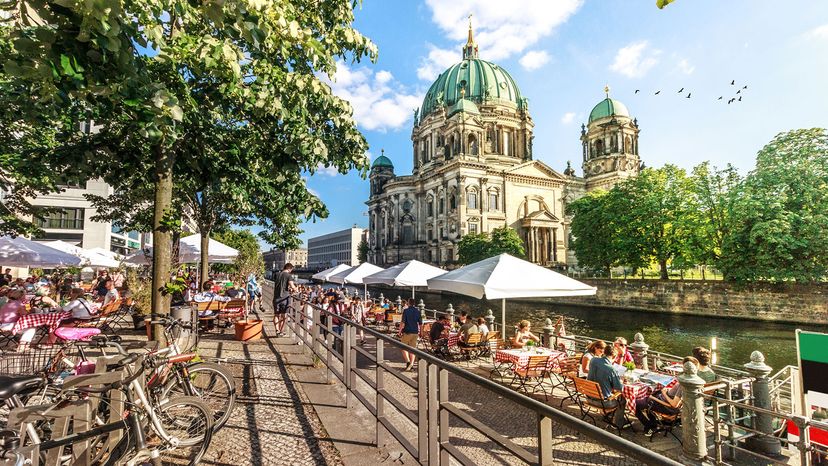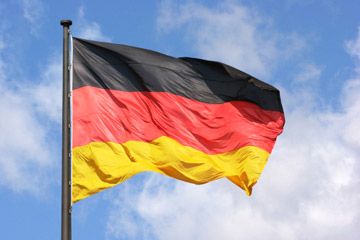
The German language has a poetic way of describing unique emotions and phenomena that often lack a direct English translation. Schadenfreude is the best-known example, a word that means "deriving pleasure from another person's pain or failure," but there are plenty of other German gems, including fernweh, (literally "distance pain"), a feeling of wanting to get away from where you are and kummerspeck, ("grief bacon"), the weight put on by emotional overeating.
Here's another fun and timely German word that captures the languid laziness of late summer: sommerloch (pronounced "summer-lock"). Directly translated as "summer hole," sommerloch is used in Germany to describe the slow season of late July through August when everyone in Germany goes on vacation to escape the heat, many shops are closed, and the news media has nothing to report on except fluff stories. (Sommerloch is also the name of a German village. In this case, loch doesn't mean "hole" as much as "gap," referring to the town's scenic location in the Nahe River Valley.)
Advertisement
"A great example of sommerloch this year would be the media frenzy in Germany around wild animals," emails Taylor Hermerding, a Berlin-based editor in didactics at Babbel, the language learning app. "Recent sommerloch stories include a bold fox in Berlin who has turned into a bit of a shoe thief, or a wild boar at the famous Teufelssee nudist park which stole an unsuspecting man's laptop."


